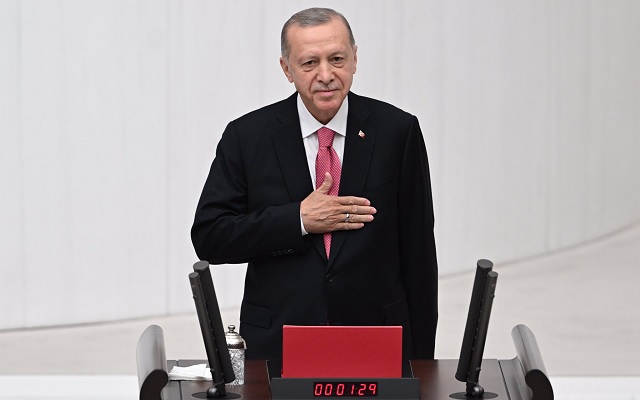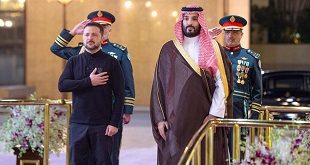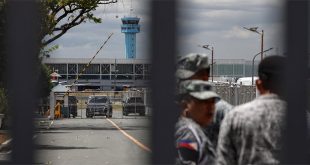
Ankara, Turkey | Xinhua | Turkish President Recep Tayyip Erdogan, following his election victory in May, has embarked on a foreign policy shift aimed at improving relations with the West, a move that coincides with his country’s pursuit of external financing, experts have noted.
During the July NATO Summit in Lithuania, Erdogan took the spotlight by endorsing Sweden’s entry into the military alliance and advocating for the revival of Türkiye’s longstanding bid to join the European Union (EU).
The Turkish leader, who secured a new five-year term after a tough general election, extended overtures to Western nations and briefly met with United States President Joe Biden at the summit to facilitate the delivery of much-needed F-16 fighter jets for his country.
In recent years, relations between Türkiye and the West have deteriorated due to Türkiye’s deepening ties with Russia, clashes with EU nations over democracy-related issues, assertive regional policies in the Mediterranean, and its stance on Syria.
Analysts suggest that Erdogan’s foreign policy shift primarily stems from financial considerations, given Türkiye’s need for foreign investment to revive its economy.
“There is definitely an economic incentive. Improving relations with the EU could result in an increase of foreign direct investment,” said Batu Coskun, an independent political affairs analyst based in Ankara.
Coskun also believes that Türkiye is interested in negotiating a free trade agreement with the United States, the success of which would become significant foreign policy and economic achievements for Erdogan.
He said that the foreign policy change stems from the president’s goal of averting exacerbating economic woes at home, where the inflation rate in August hovers at approximately 60 percent and pressure to stabilize a depreciating currency increased.
“Türkiye has some of its biggest trading partners in the Western world, so it’s not a surprise that President Erdogan does something to create a bridge to the West,” said Serkan Demirtas, an Ankara-based political analyst and journalist.
Erdogan’s recalibration of foreign policy goes hand in hand with a shift in monetary policy as he has appointed a new economic team that has embraced more conventional measures to combat persistent inflation.
From Coskun’s perspective, as the incumbent government sees an opportunity to enhance ties with the West, “this may potentially come at the cost of somewhat limiting strategic engagement with the Russian side.”
Since the outbreak of the Russia-Ukraine conflict, the Turkish leader has maintained a delicate balance, condemning the Kremlin while providing support to Ukraine and simultaneously boosting energy and general trade with Moscow.
He is also the only NATO leader in regular contact with Russia and Ukraine, making him a potentially effective mediator between the two sides.
While Erdogan looks to the West for warmer ties, there is some apprehension from there about his true intentions, Coskun argued.
“There is a great deal of caution on the West regarding engagement. But they see that there is a need to engage with Türkiye as well,” this analyst added. ■
 The Independent Uganda: You get the Truth we Pay the Price
The Independent Uganda: You get the Truth we Pay the Price


